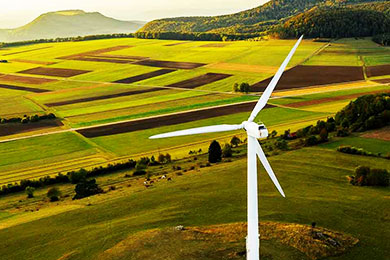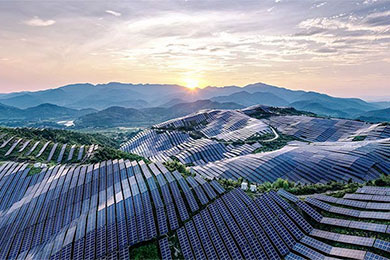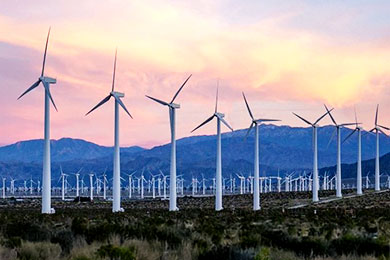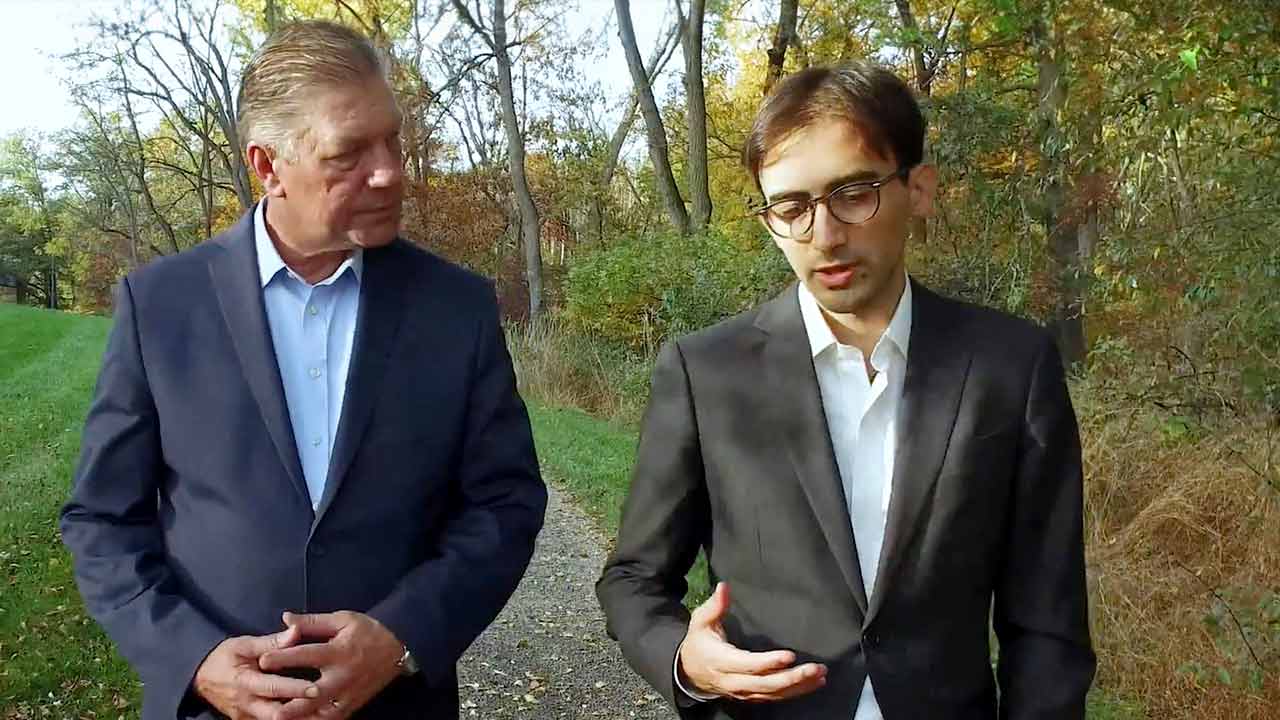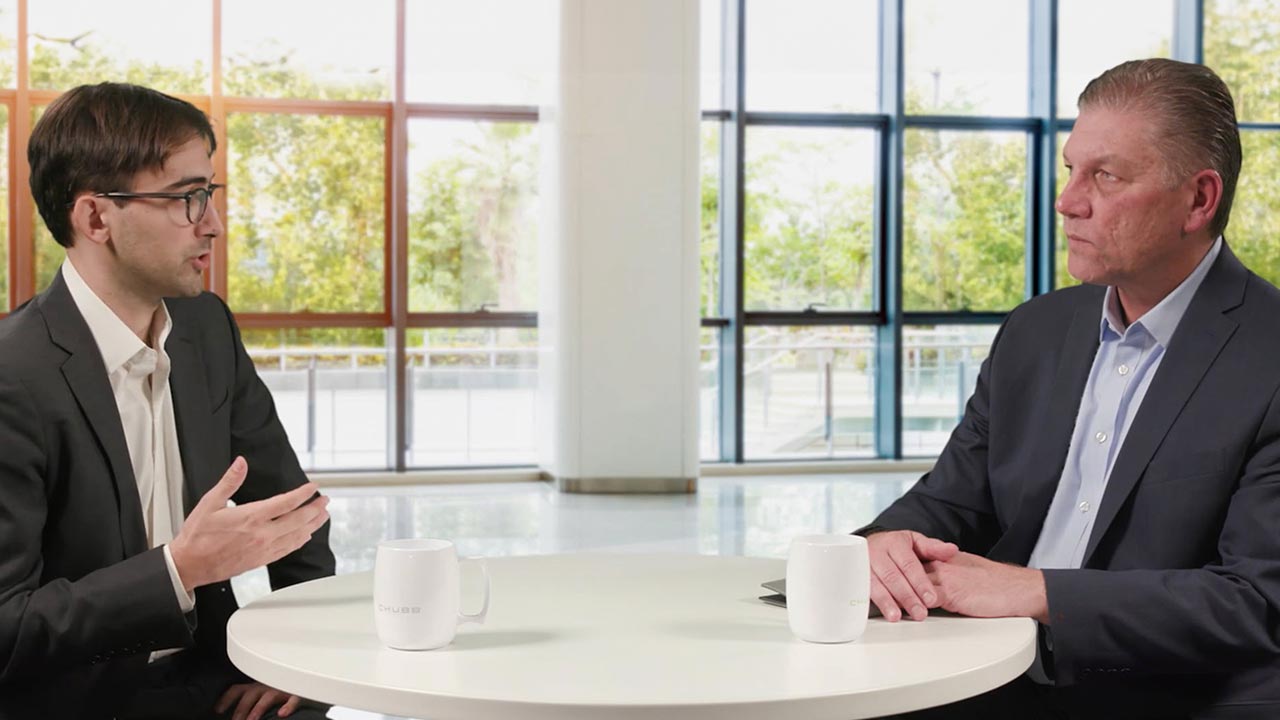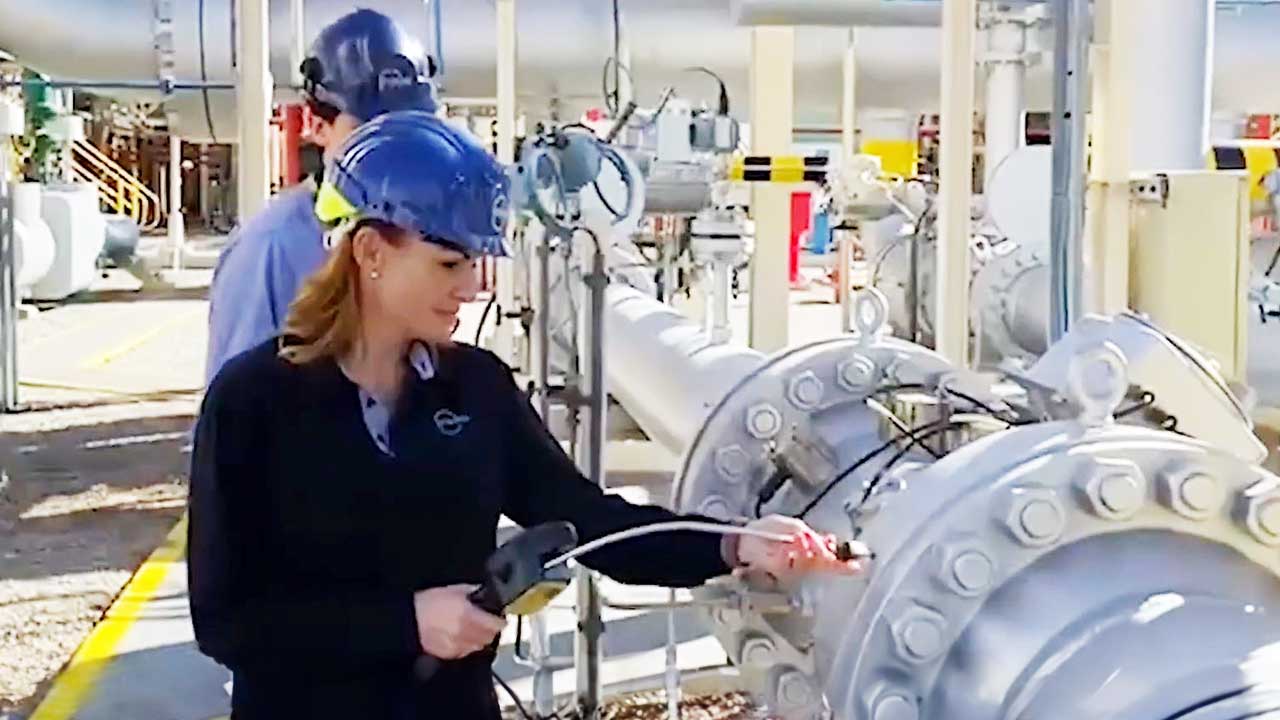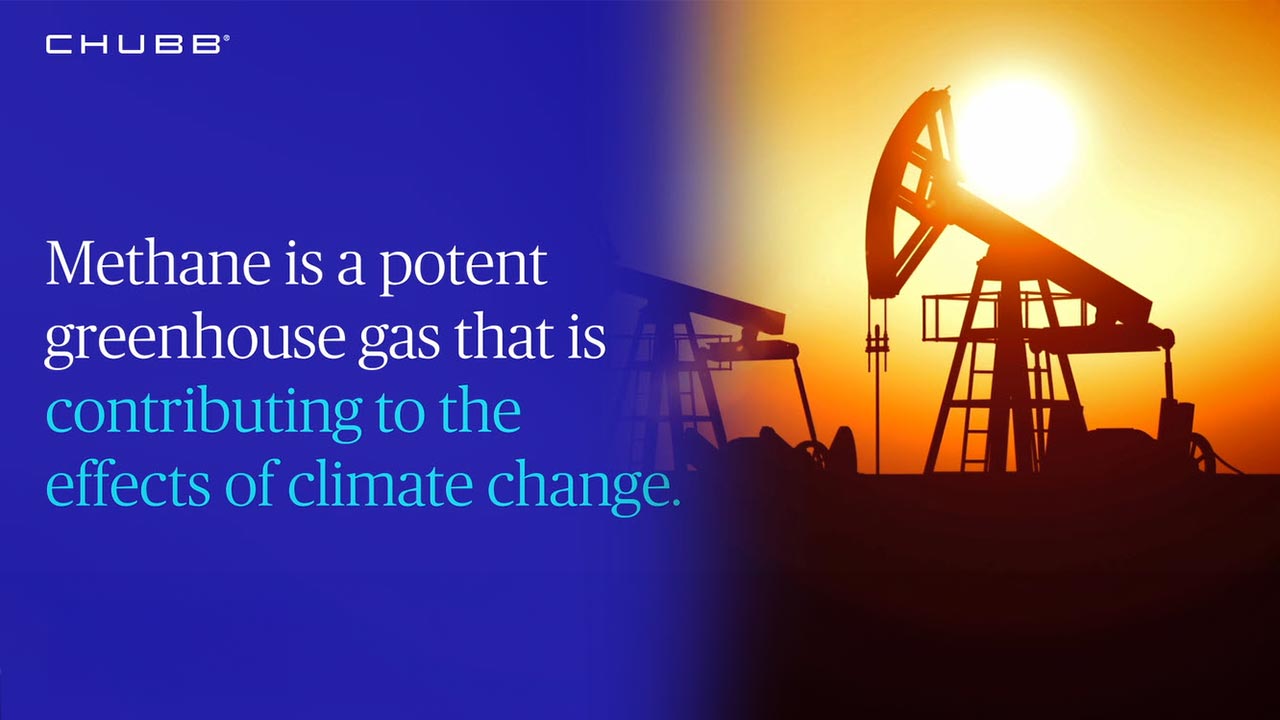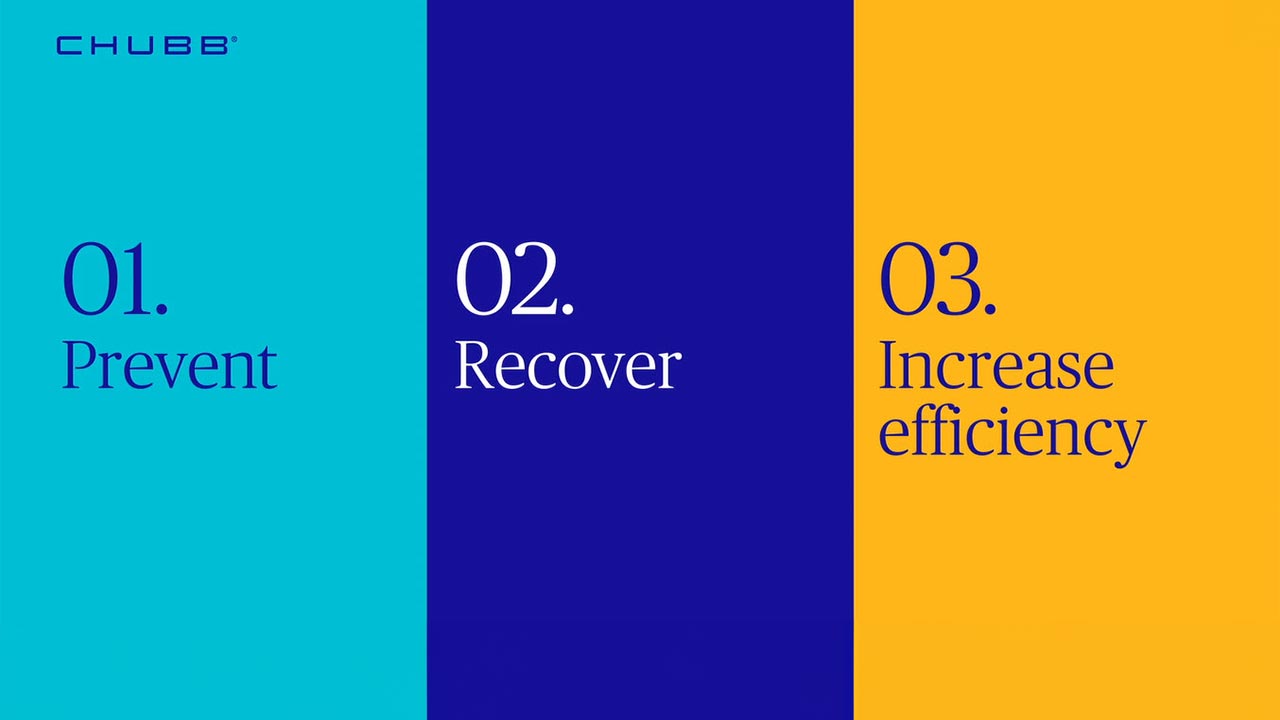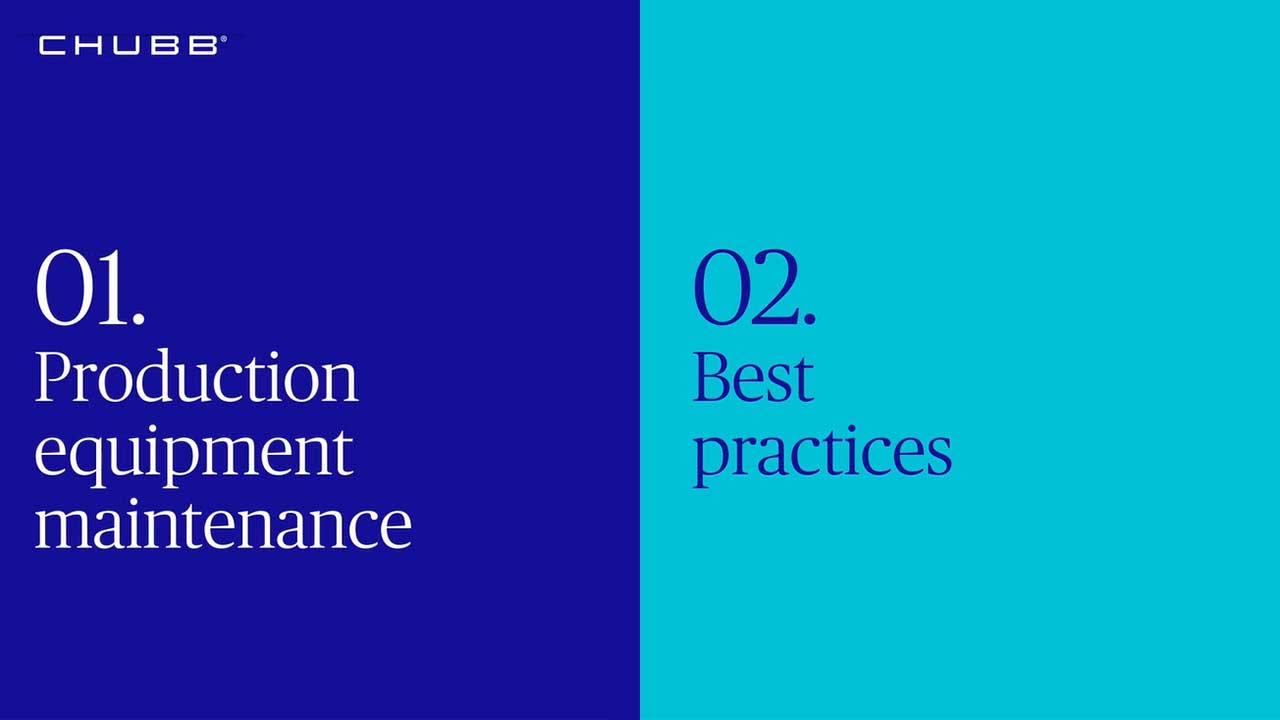Chubb Methane Resource Hub

Serving oil and gas clients
Welcome to the Chubb Methane Resource Hub, a digital resource to support Chubb’s oil and gas clients in identifying and adopting methane emissions reduction technologies.
Clients implementing evidence-based methane reduction plans will find information and tools, including a library of best practices, news and a directory of service providers for monitoring, leak protection and equipment.
We plan to update the Chubb Methane Resource Hub from time to time, so visit periodically for information on new tools and services.
The importance of direct measurement for methane emissions
The Methane Resource Hub draws on technical expertise and guidance from Environmental Defense Fund (EDF) to help companies address methane emission reduction. Watch our multi-part video series featuring Dominic Watson, Senior Manager of Energy Transition for EDF+Business, and Keith Marks, Executive Vice President, Chubb North America Risk Engineering Services to learn more.
Why methane matters
Understand the science behind methane emissions and its impact on our climate.
Why methane matters
Understand the science behind methane emissions and its impact on our climate.
Data and information quality for methane emissions
Why data and information quality will be key for reducing methane emissions.
Solutions for methane emissions
What are the solutions available to help reduce methane emissions?
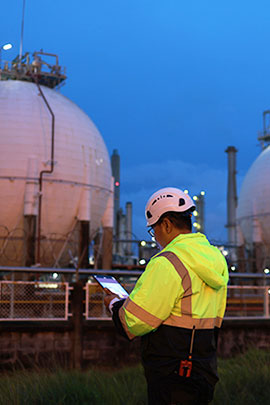
Using AI to Pinpoint and Predict Methane Leaks
Artificial intelligence is revolutionizing the way we detect methane emissions, enabling faster response times and more effective mitigation strategies.
More articles
Marginal wells are major sources of methane pollution. Using carbon offsets to decommission them sooner rather than later benefits everyone.
Methane can leak from oil and gas operations in multiple ways and at multiple points.
The greenhouse gases emitted around the world are the primary drivers of global warming. Scientists agree that significantly reducing these emissions is the only way for us to limit average global temperature rise to less than 2° Celsius, which we must do if we are to avoid the most catastrophic impacts of climate change.
At liquefied natural gas terminals that combine aerial and on-the-ground measurement technologies, concentrations of the greenhouse gas are significantly lower than previous estimates.
Space-based technologies are providing unprecedented insights into global methane emissions, enabling more accurate monitoring and accountability.
What is methane and why does it matter?
Learn why Methane is such a potent greenhouse gas and understand why reducing emissions produced during the production of oil and gas makes both sound business sense and delivers one of the most positive climate impacts over the next 10-20 years.
What is methane and why does it matter?
Learn why Methane is such a potent greenhouse gas and understand why reducing emissions produced during the production of oil and gas makes both sound business sense and delivers one of the most positive climate impacts over the next 10-20 years.
Three ways to reduce the impacts of flaring
Regulators, NGOs and academia all point to the fact that reducing venting and flaring has a tremendous positive impact on reducing methane emissions during the production of oil and gas. Find out the key steps oil and gas companies can take now to reduce the impacts of flaring.
How to reduce methane emissions from venting
Learn how methane finds its way into the atmosphere when extracting oil and gas and understand best practice solutions that can be implemented now to significantly curtail emissions and even produce revenue instead of letting salable gas escape into the air.
Leak detection and repair
A leak detection and repair (LDAR) program is a comprehensive set of activities designed to identify, monitor, and mitigate fugitive emissions and leaks of volatile organic compounds and methane.
Energy companies face a chronic challenge in their operations: The production, transportation, and refining of oil and gas products frequently results in emissions of greenhouse gases, especially methane. These leaks have environmental and financial consequences. Learn more about how to reduce emissions with an effective leak detection and repair (LDAR) program.
Methane resource library
Reports and readings
U.S. onshore operator methane measurement case study
Colorado School of Mines certification overview paper
Guidance resources
Methane emissions detection and quantification filtering tool
Recommended practices for methane emissions detection and quantification - upstream
Overview of subsea methane emissions detection and quantification technologies
Overview of methane detection and measurement technologies for offshore applications
Methane guiding principles best practices toolkit
Marginal abatement costs
IEA global methane tracker 2023 – Strategies to reduce emissions
IEA global methane tracker 2023 – Data explorer
Methane data resources
Methane inventory systematic tool (MIST)
MethaneSAT: A new era of transparency for methane measurement
Chubb Climate Resource Hubs
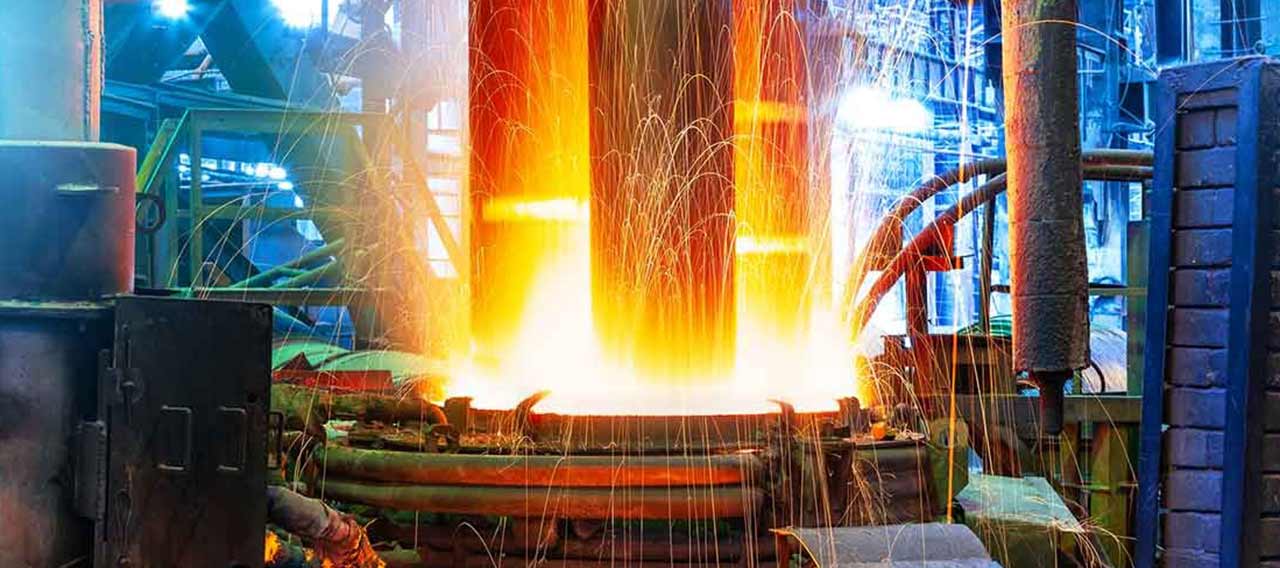
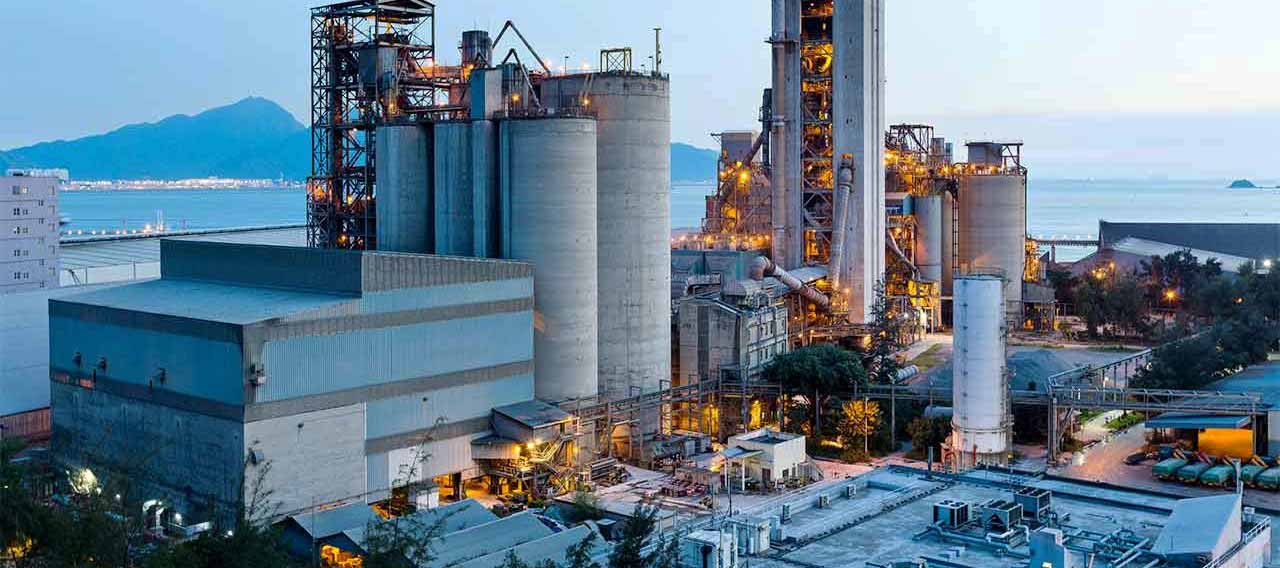


Understanding long-term vulnerabilities
Climate change can amplify existing risks from extreme weather. Chubb has access to a vast array of climate risk models and data centered around natural hazards, which positions it to help clients better understand their long-term exposures to climate change.
Important Legal Information
The data contained in this statement or report is for general informational purposes only. Chubb disclaims any duty or obligation to update such data or information. Market data, scientific or environmental assessments and industry information used throughout this report are based on publicly available information and third-party studies and reports. The scientific, environmental and industry assessments contained herein involve a number of assumptions and limitations, and you are cautioned to not rely upon on give undo weight to such assessments. This report may contain links to other internet sites and may frame material from other internet sites. Such links or frames, or mentions or names of companies or products, are not endorsements or approvals. Chubb makes no expressed or implied warranties as to the performance of any technology and does not certify that a technology will operate as advertised. The end user is solely responsible for complying with any and all applicable federal, state and local requirements. The inclusion of information in this statement should not be construed as a characterization regarding the materiality or financial impact (or potential impact) of that information. This statement contains trademarks, trade names and service marks owned by Chubb Limited and its subsidiaries, including Chubb® and Chubb logo®. In addition, this statement contains trademarks, trade names or service marks of companies other than Chubb, which belong to their respective owners.





